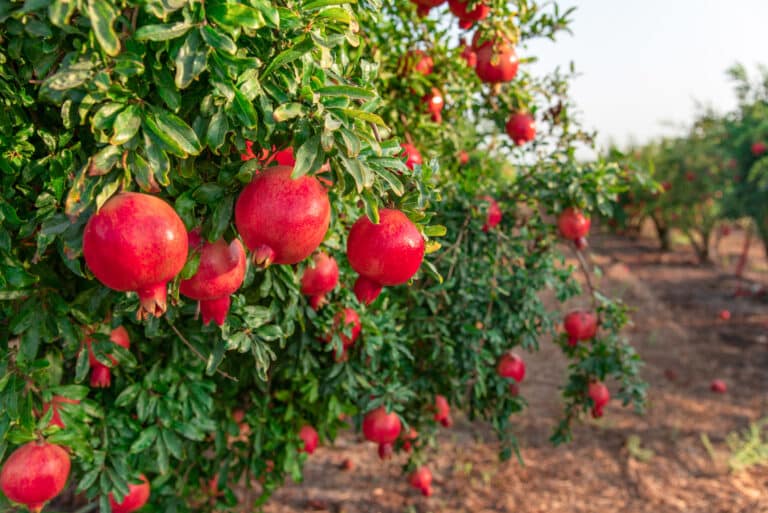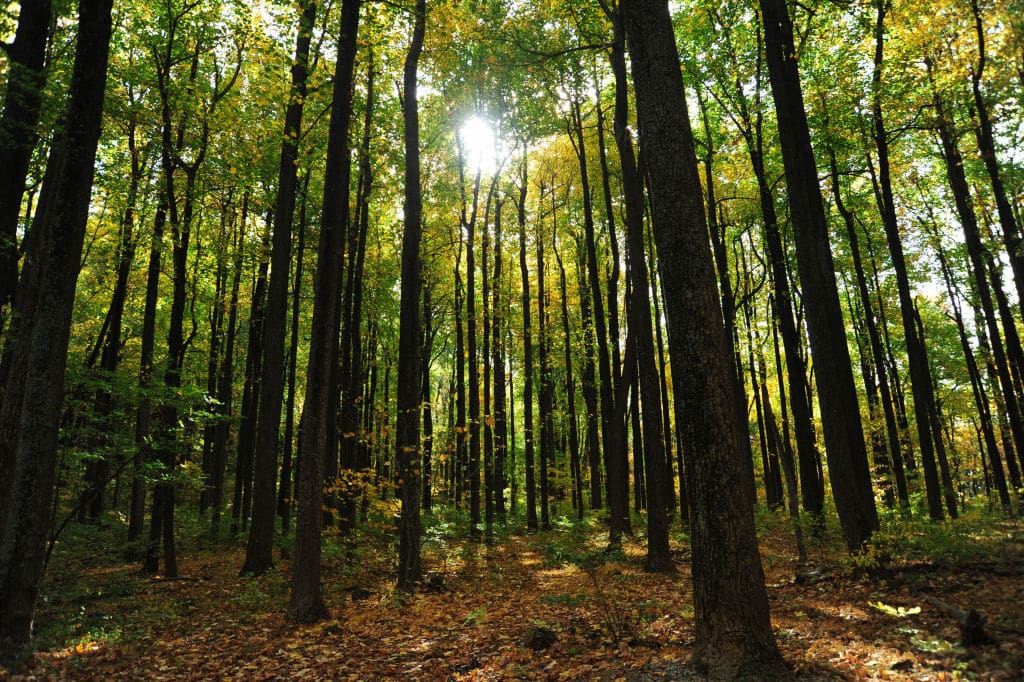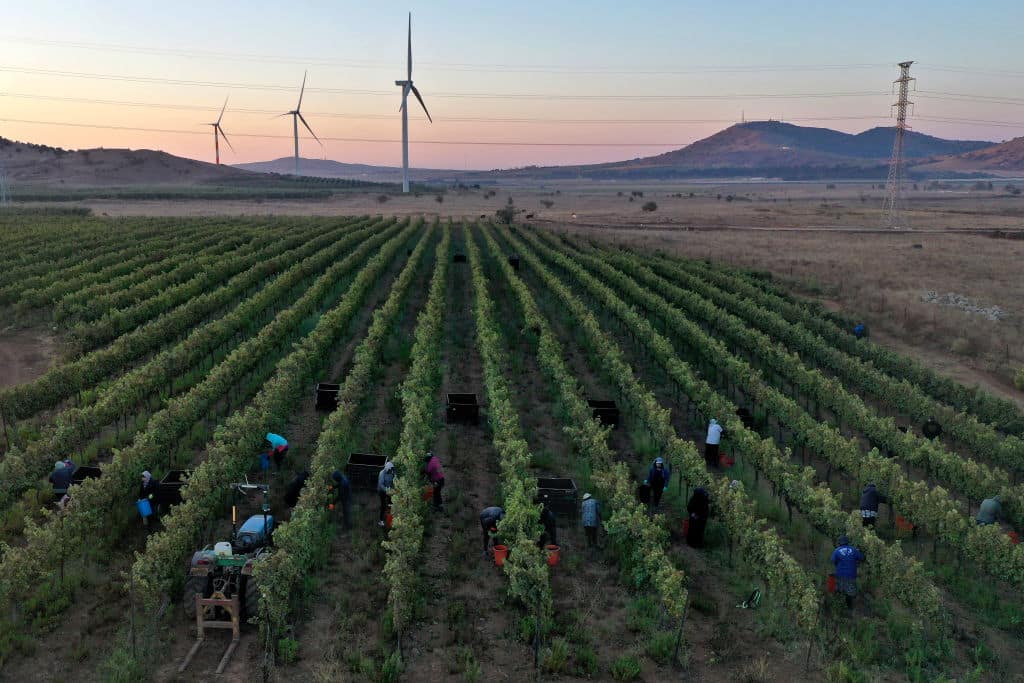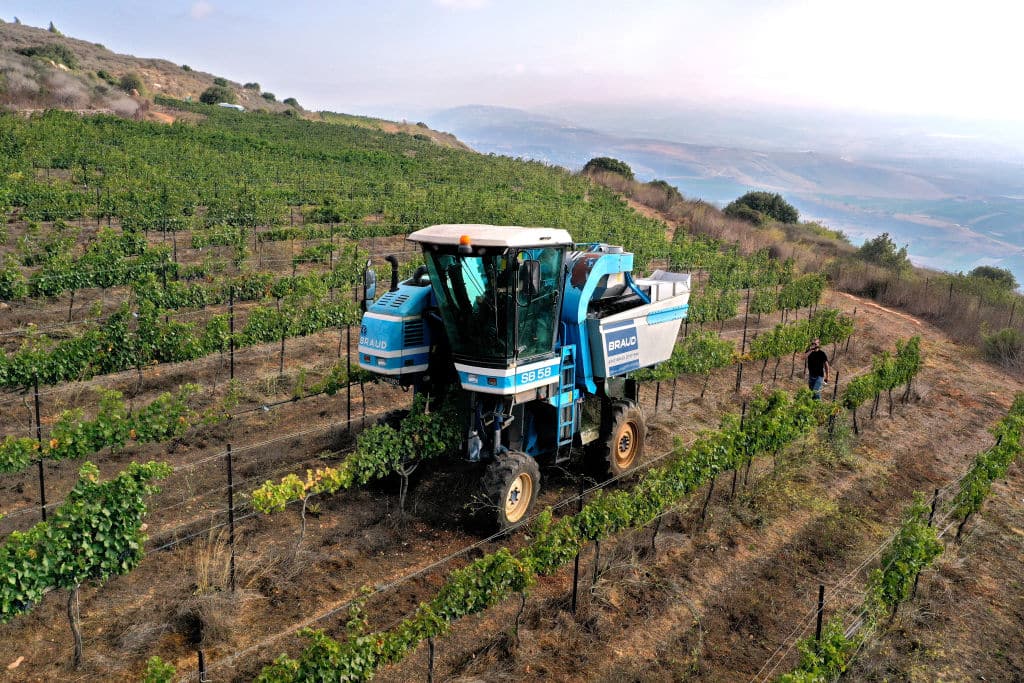
When you think about Judaism and the environment, all that comes to mind might be Tu Bishvat (the Jewish new year for trees) and the practice of planting trees in Israel for the holiday.
But the roots (sorry) of Jews and the environment go a lot deeper than this one day every year to think about trees. Many laws and discussions in Judaism stem (sorry, again) from the agrarian society of 2,000-plus years ago, when the calendar revolved around the cycle of plowing, planting, reaping, and so on. Here are seven ways Judaism embraces environmentalism that you might not know about.
Preserving fruit trees

While the Israelites were in the desert preparing to enter the land of Canaan, they were educated in what was and wasn’t allowed during battle. One of the key things they were forbidden from doing was chopping down fruit trees as part of a siege even if it would provide food to the besieged city (Devarim/Deuteronomy 20:19).
In his code of law, the Mishneh Torah (Kings and Wars 6:8), Rambam (Maimonides) cited this as a general prohibition against cutting down fruit trees for the purpose of destroying them. While non-fruit-bearing trees may be cut down, he wrote, fruit trees must be protected.
Even if it yields a small amount of fruit, Jewish law prohibits unnecessary destruction. Conservation matters.
Bal tashchit (“You shall not destroy”)

Judaism also has a general principle against destroying things unnecessarily, called Bal tashchit. In the Mishneh Torah (Kings and Wars 6:10), Rambam wrote: “Anyone who breaks utensils, tears garments, destroys buildings, stops up a spring, or ruins food with a destructive intent transgresses the command ‘Do not destroy.’”
Although Rambam does not address it directly, there are some cases where destroying objects is allowed. The Talmud (Shabbat 129a) relates stories where destroying objects was permitted in order to protect a human life. But unnecessary destruction has no place.
We’ve seen the environmental hazards caused by fast fashion, gas guzzling, not recycling, and other unnecessary destruction of resources. What can we say — Judaism was just ahead of its time.
Everything has a purpose
A story about the biblical figure King David illustrates how Jewish tradition values the world’s resources. According to the Alphabet of Ben Sira, a book of Hebrew stories written in the Middle Ages, King David wondered whether spiders and wasps brought any value to the world.
Later in his life, the text says, King David saw the benefits of both of them. Here’s what happened: Before he became king, David hid in a cave while on the run from King Saul who wanted to kill him. A spider wove a web over the entrance, convincing the king that he wasn’t in the cave and saving David’s life. On another occasion, a wasp’s stings distracted an enemy, helping David escape.
After these experiences, King David acknowledged God’s wisdom in creating the world just as it was. He understood that the world is a delicate ecosystem where everything plays an important part. Removing any one element, however unnecessary it may seem, could cause deadly results.
Letting the land rest

Did you know that, just as the holidays of the Jewish year are connected with agricultural events, the years of the Jewish calendar are as well?
The Torah (Vayikra/Leviticus 25:2) says that every seventh year is to be a Shmita, a rest for the land. This means that, for one year in every seven, Jews are not allowed to plow, plant, or work their land within the boundaries of the land of Israel.
Fruit that grows in the Shmita year is considered ownerless as an acknowledgment that the land ultimately belongs to God. As we let the land rest, we think about our own obligation to the land. And research shows that letting the soil rest is healthy for the land, nearby waterways, and the atmosphere.
Orlah
The Torah (Vayikra/Leviticus 19:23–25) says that we are forbidden to eat from a fruit tree during the first three years after its planting. In the fourth year, the fruit may be eaten if it is brought to Jerusalem, and in the fifth year, we are allowed to eat the fruit.
For the first three years, the fruit (which we cannot eat) is called orlah. Although most of us do not work in agriculture today, the idea of orlah is all about gratitude. As we wait for the fruit trees to grow, we recognize the good we’re granted. We continue planting and sustaining the environment, even if we won’t be able to enjoy it immediately.
The basic idea is that caring for the environment is not something that yields immediate results. In order to support the earth, we have to be willing to act, and, even more so, to wait.
Praying for rain
The Talmud describes a symbiotic relationship between humans and the earth. Humans rely on the land to provide food and sustenance, and the land relies on humans to pray for rain.
In Taanit 23a, there is a story of a time of desparate lack of rain, when people called upon the pious Choni the Circler to pray for them. He drew a circle on the ground, stood in it, and basically said to God: “I’m not leaving this circle until you bring rain!”
Choni did not leave the circle for a drizzle, which wasn’t enough, or for a torrent, which would destroy crops and trees. He demanded that rain of blessing be given instead. He stood there defiantly until his prayers were answered and his people and the land were saved.
Choni’s story is a reminder that environmentalism is not something that should be ignored. When the land suffers, sooner or later, humans suffer too. And we can’t stand by and watch.
Choni and the carob tree

After Choni’s circle-making incident, the Talmud tells another story about him. Choni saw a man planting a carob tree. Choni asked, “How long until this tree will bear fruit?” The man responded, “70 years.”
Choni expressed his surprise at the selfless act of planting something he might never benefit from. The man responded: “I found a world full of carob trees. Just as my ancestors planted for me, so too, I am planting for my descendants.”
Choni then took a Rip Van Winkle-style nap. He surmised that he’d been asleep for 70 years (take that, Washington Irving) when he woke up to see the tree bearing fruit and the man’s grandson collecting carobs from it.
The story, fantastical as it is, reminds us of Judaism’s environmental leanings. Truth be told, if you ever try to compare any given ideology with Judaism, it will never match up perfectly. But Judaism’s emphasis on gratitude and our transient presence on the earth pairs well with a Tu Bishvat sentiment. The world we live in exists because of the people who came before us, and it’s up to us to determine how we’ll leave it for the people who come next.
Originally Published Jan 27, 2023 03:10PM EST
